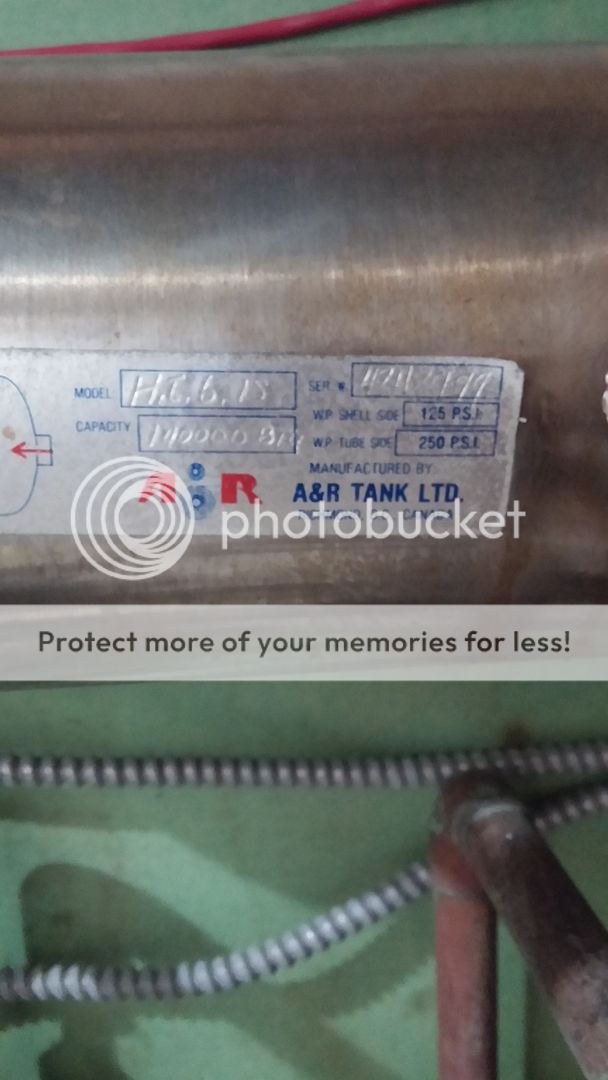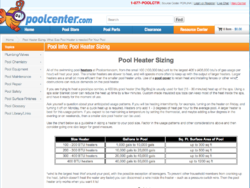I'll start this by saying I'm new to boiler systems and I will attempt to explain this the best I Can, if I can give you more information, please ask and I will do my best.
I have a Gas Boiler that is on a closed circuit glycol feeder that is set to 69C with a differential of 10.
Its feeding a A&R H.I.G.1S , 140000 BTU heat exchanger.
I just bought this house so if you need more information please let me know.
The heat in and out are definitely different temperatures but I can't get my pool warmer than 26C, The thermostat that's wired at the pool to the boiler calls for 30 Degrees, I know it's calling because the boiler is always on. The water was 10C when I moved in, the pool hadn't been used in quite some time and now I've got it up to 26C, it stays at 26 consistently without drops but I Can't get it any higher.
What would be the reason to this?
I have a Gas Boiler that is on a closed circuit glycol feeder that is set to 69C with a differential of 10.
Its feeding a A&R H.I.G.1S , 140000 BTU heat exchanger.
I just bought this house so if you need more information please let me know.
The heat in and out are definitely different temperatures but I can't get my pool warmer than 26C, The thermostat that's wired at the pool to the boiler calls for 30 Degrees, I know it's calling because the boiler is always on. The water was 10C when I moved in, the pool hadn't been used in quite some time and now I've got it up to 26C, it stays at 26 consistently without drops but I Can't get it any higher.
What would be the reason to this?


 I thank you for your thought process however!
I thank you for your thought process however! 

